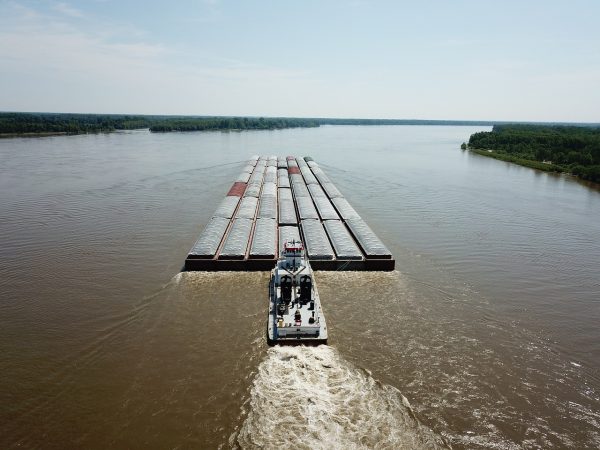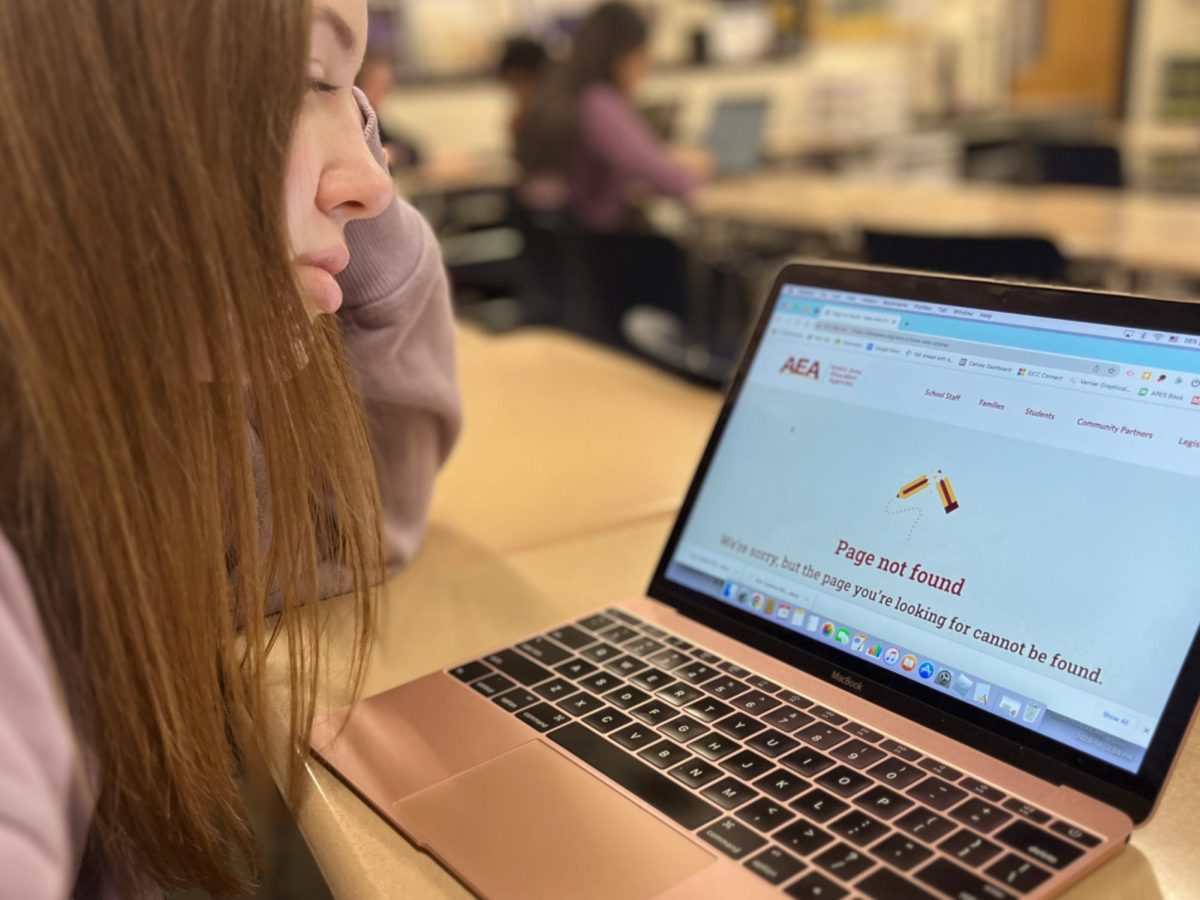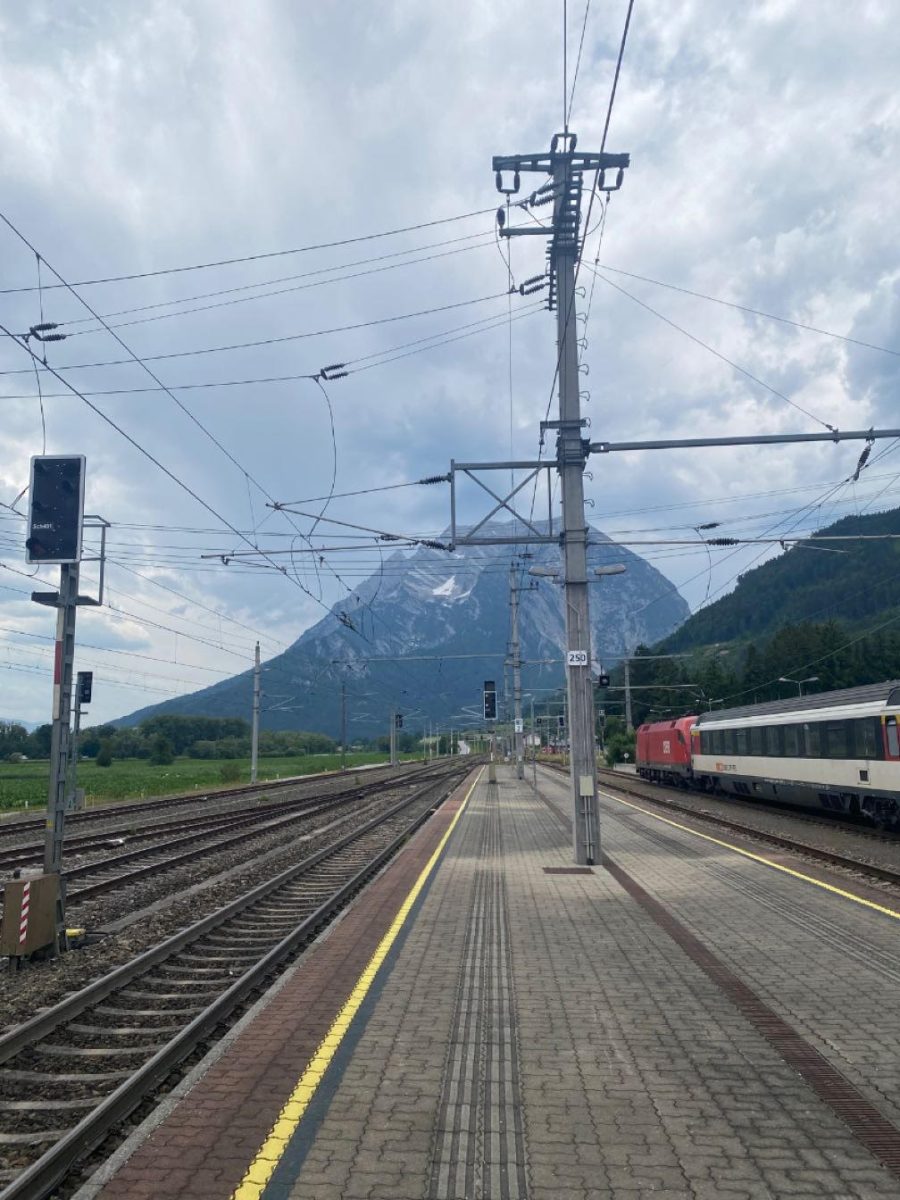
World leaders, industry executives, activists, scientists and thousands of others flocked to Dubai on Nov. 1 for the international climate summit, COP28, to discuss measures to prevent climate change and regulate international sustainability laws.
The conference convenes annually, hosted by the United Nations in an effort to unite world leaders and expand international climate regulation laws. From Nov. 1 to Dec. 12, more than 100 countries will be represented in Dubai for the world’s only multilateral decision-making forum regarding climate change.
This year’s summit convenes with an aim to address the global fossil fuel chain and ways to mitigate rising sea levels, catastrophic storms and deadly heat waves across the globe. The agenda for the 28th annual climate summit outlines other international goals of the conference, including net-zero emissions by 2050 and limiting global temperature rise to 1.5 degrees Celsius.
Over 30 years ago, around 150 countries signed a UN treaty which served as an international pledge to reduce emissions and mitigate global warming. Though climate change had minimal scientific backing at the time, scientists nevertheless predicted the impacts of pollution and rising temperatures.
The countries that signed the treaty gathered in 1995 in Berlin for what was the first COP — Conference of the Parties — summit to begin negotiations on international climate laws.
At COP21 in 2015, the Paris Agreement was approved by over 190 countries, a landmark deal for international climate change mitigation and prevention. The hitch: the agreement lacked specificity, leaving countries eager to make change, but unguided as to how to do so.
COP conferences have convened since, aligning their efforts with those of the Paris Agreement to ensure that world leaders have guidance and resources to implement sustainability objectives in their respective countries.
The annual summit consists of 3 main conventions. The first is the Conference of the Parties, which discusses general international laws regarding sustainable development goals. The second and third are the decision-making bodies of the Paris Agreement and the Kyoto Protocol, gathering for their fifth and 18th years, respectively, to ensure countries’ alignment with the goals of each agreement.
As a way to appeal to activists, artists and entrepreneurs, the conference has adopted features that allow individuals to participate and display their work at one of the biggest events in the environmental space.
A major factor in sparking global participation is splitting the conference into two rooms. The first, the Blue Room, is a dedicated space for official sessions, meetings, delegations and press-conferences. While the Blue Room is heavily regulated and restricted to only delegates, heads of State and selective press members, the Green Room offers an entirely opposite environment. Hosted by the conference’s host country, in this case the UAE, the Green Room serves as an open space for youth activists, state representatives, artists and business leaders to engage in conversation and share their work and research regarding environmental matters.
This year’s summit convenes with quite a buildup. COP28’s agenda aims to establish a Loss and Damage Finance Facility, a system that will pool money to go towards vulnerable communities dealing with the brunt of environmental degradation. A main topic of the conference this year will also focus on finances to fund countries’ shifts towards sustainable energy sources while ensuring a just transition.
However, no global event occurs without its controversies, especially in regards to the location of the summit. COP28 has landed in Dubai this year, raising questions as to why the world’s most significant climate event of the year is being hosted by one of the top producers of fossil fuels and gas.
Many hold concerns regarding the turnout of the conference due to the host country’s stance on the use of fossil fuels, labeled a “petrostate,” considering 29% of the UAE’s income depends on oil and gas production. The elected president of this year’s conference is none other than oil tycoon Sultan Al-Jaber, head of the Abu Dhabi National Oil Company, ADNOC, which many call out as contradictory in itself.
But many have taken their criticisms a step further after BBC published a report that accused Al-Jaber of taking advantage of the conference to expand his own business deals, clearly contradicting the intention of the conference.
The host country and the COP president are held responsible for setting up meetings with delegates from represented nations in order to motivate them to be as ambitious as possible with their sustainability efforts.
However, leaked documents, obtained by independent journalists at the Centre for Climate Reporting, revealed the UAE representative team’s plans for meetings with at least 27 represented nations at the conference.
The documents included “talking points,” in which UAE representatives planned to pitch alliances with ADNOC to dozens of nations. A talking point intended for China stated that ADNOC is “willing to jointly evaluate international LNG [liquefied natural gas] opportunities” in Mozambique, Canada and Australia.
Another leaked document bearing the COP28 logo stated that ADNOC “has identified Brazil as a strategic country for investment,” and that making business arrangements “at the highest level” to buy a Brazilian petrochemical company were “important for us.”
Talking points for 13 other countries were similar, with ADNOC offering support to governments around the world to help them develop fossil fuel projects in their own countries, including Germany, Mexico and Kenya.
The United Arab Emirates has multimillion-dollar investments underway to expand oil production as the seventh-largest oil-producing country in the world. A recent study by the U.N environmental agency warned that countries are currently planning on producing more than double the amount of fossil fuels in 2030 than would be compatible with a temperature ceiling of a 1.5 degree increase.
Nevertheless, the UAE proceeds with their fossil fuel projects, even pushing pro-oil alliances at a conference solely dedicated to mitigating climate change.
Many have claimed that the UAE only attempts to broaden their stake in the oil industry, using COP28 as a piggyback to join forces with nations across the world. 2014 COP president Manuel Pulgar-Vidal expressed concerns that the controversy and ulterior motives of the president may pull away from the overall intent of the summit. “The president of the COP is the leader of the world, and is trying to build consensus on behalf of the planet,” he stated. “If any president of the COP tries to bring a particular interest, [including] commercial interest, that could mean the failure of the COP,” said Pulgar-Vidal.
When questioned about the leaked documents in a press-conference, Al-Jaber adamantly denied the claims. “These allegations are false, not true, incorrect, and not accurate,” he promised, adding, ”Do you think that the United Arab Emirates or I need the COP or the presidency of the COP to establish trade agreements or trade relations?”
The UAE representative team, however, did not deny claims that they were engaging in business deals, stating that “private meetings are private.” Either way, any effort to engage in business deals demonstrates a serious infraction of the U.N.’s expectations of a COP presidency. The United Nations Framework Convention on Climate Change (UNFCCC) defines the rules of the conference, and asserts that a “cardinal principle” of COP presidents is impartiality.
Many have called out the Dubai presidency’s actions, some labeling them as “breathtakingly hypocritical,’ including professor Michael Jacobs, an expert on U.N. climate politics. “I actually think it’s worse than that,” he explained, “because the UAE at the moment is the custodian of a United Nations process aimed at reducing global emissions. And yet, in the very same meetings where it’s apparently trying to pursue that goal, it’s actually trying to do side deals which will increase global emissions.”
To add insult to injury, Al-Jaber is facing backlash for a claim he made, stating that there is “no science” behind the phasing out of fossil fuels. He commented that limiting fossil fuel usage would limit sustainable development “unless you want to take the world back into caves.” Scientists have quickly responded to the remarks, describing them as “farcical” and “beyond astonishing.”
In the wake of this year’s controversy, many draw parallels to COP24, hosted in Katowice, Poland. If Dubai is the land of oil, Katowice is the land of coal, one of the top suppliers of coal for the entire European Union, in fact. COP24 was remarkably lackluster, leaving many underwhelmed at the mediocre negotiations and outcomes of the conference.
Many predict a similar result from COP28, though the UAE team released a statement regarding the allegations. “Dr Sultan al-Jaber is singularly focused on the business of COP and delivering ambitious and transformational climate outcomes at COP28,” the statement said. The conference will culminate on Tuesday, Dec. 12, and its success will be determined in the end.


















Nikhita Nallu • Dec 17, 2023 at 10:03 pm
This was a very informative article! It’s concerning to hear about alleged “business” deals taking place at a Climate conference.